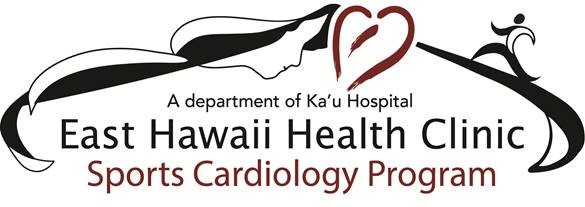
Myocarditis is an inflammatory disease of the heart typically caused by a viral infection. It can lead to heart failure, abnormal heartbeat, and sudden cardiac death (SCD). Myocarditis accounts for about 10% of the cases of SCD in young athletes.
Risk for myocarditis is increased with COVID-19 infection. For those hospitalized with COVID, about 15% develop myocarditis. This number increases to 30% for very sick patients who are admitted to the intensive care unit. Fortunately, the prevalence of heart involvement in athletes with COVID infection seems to be much lower. A recent registry of collegiate athletes in the United States found myocarditis in only around 1% of those infected with COVID-19.
Current guidelines recommend that athletes infected with COVID-19, with no symptoms or only mild symptoms, should refrain from exercise for 10 days. If symptoms have completely resolved in that time frame, athletes may return to exercise without further evaluation. If any symptoms develop, exercise should cease, and the athlete should be formally evaluated.
Anyone hospitalized or who experienced significant symptoms during the acute phase of COVID infection (persistent fever, dyspnea, chest tightness, palpitations, dizziness) should be formally evaluated by a cardiologist before returning to exercise or competition. The initial evaluation typically consists of an ECG, heart ultrasound, and blood test.
If you have questions or would like to be evaluated in our Sports Cardiology program please ask your PCP for a referral and we would be happy to see you.


